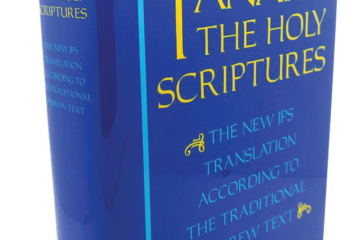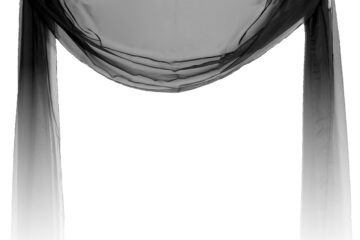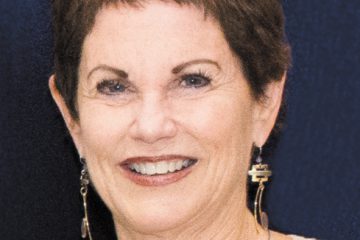Of fate and destiny
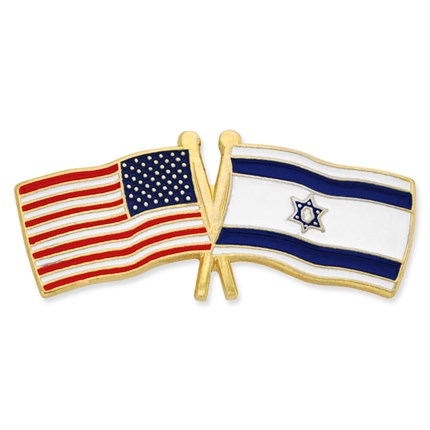
By Rabbi Judy Chessin, Temple Beth Or
Time magazine quoted a prominent politician: “Last week…our nation…cast aside all but the last veil of pretense seeking to make the faith of one religious community a public national referendum in the U.S.”
No, this wasn’t a tweet from Congressional Rep. Ilhan Omar, implying that congressional support for Israel is “all about the Benjamins.”
Rather, it was written in 1941 by isolationist presidential contender Charles Lindbergh accusing American Jews of pressuring the United States to enter World War II for “personal and foreign” interests.
Dual loyalty accusations against the Jewish people are an ancient and evergreen trope. When a new pharaoh arose who “knew not Joseph,” he enslaved the Hebrew people whose great numbers threatened the throne.
In ancient Persia, Haman warned the king that Jewish allegiance to their own laws rendered Jews disloyal to the laws of the state.
Throughout the middle ages in Europe, our people were accused of disloyalty to church and crown and therefore should be expelled.
In 1894, Jewish officer Alfred Dreyfus was falsely convicted of treason in a French military court highlighting public skepticism that a Jewish officer could be loyal to France.
Hitler unified the German people, partially by demonizing Jews as the enemy of the nation, paving the way for the Holocaust.
Arab governments drove out Jewish populations from their states with accusations that Jews were Zionist and Israeli spies.
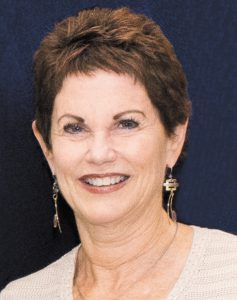
And now AIPAC and the “Israel lobby” are accused of disproportionate foreign influence inside the Capitol and our nation.
We should not be surprised that the “dual loyalty” canard has reemerged on America’s tense, polarized political scene — this time in the guise of anti-Zionism.
Surveys indicate that 70 percent of American Jews report a strong emotional pull toward the state of Israel. Some Jews are drawn to the Jewish state’s fulfillment of an ancient biblical promise.
After millennia of exile, the Jews have returned to the Promised Land.
Other Jews find their attachment through its promised security. In the wake of the Holocaust and increasing worldwide antisemitism, we Jews have, for the first time in our history, a secure refuge: a homeland.
Still others of us are moved to support the Jewish state merely for its historical-religious-cultural bonds that unite our people everywhere into a single community — Klal Yisrael.
While American Jews are widely divided in our opinions about the politics of the state of Israel, we nonetheless, are equally vulnerable to the accusation of being less American, simply because of our commitments to the Jewish state.
We are alarmed when dog whistles such as “the Benjamins,” “buying influence,” and “foreign interests” find their way into respectable and mainstream venues: our universities, our media, and our Beltway.
“The dual loyalty question,” wrote author Anne Roiphe, “is one that antisemites use to isolate us politically in America. We’re not supposed to discuss it. But the truth is that…we are only Americans as long as America reins in its antisemites. We are Jews forever under all circumstances.”
Long ago, when American Jews moved into the suburbs, many cast off their heritage to fit in, to be seen as “real” Americans.
But as our long history illustrates, the dual loyalty accusation reared its head nonetheless. And thus our assimilation merely served to impoverish ourselves and our community.
Over 60 years ago Rabbi Joseph Soloveitchik taught that the Jews are a part of two covenants: brit goral — the covenant of fate — how the world looks at us; and brit yiud — the covenant of destiny — what we do with that reality.
If it is our fate (goral) that we are society’s first target when it becomes oversaturated with the poison of hatred, then it is our destiny (yiud) to transform this reality into something of meaning.
We can’t choose our fate, but we can choose the destiny of living and exemplifying the very ethically and ethnically rich values of our heritage.
Are we to let the antisemites define our Jewishness? In a world in which we cannot hide from who we are as Jews, we can be our best Jewish American selves by striving to fulfill the eternal Jewish aspirational quest for freedom, equality, safety, and dignity for every human being both here and in Zion.
Our ancestors survived oppression, exile, and near genocide. Surely in this land of relative freedom and safety, we owe it to them to model how to be a people and a family, how to care for our own both here and abroad, how to be a self-sufficient, philanthropic, and holy people.
American Rabbi Stephen S. Wise said in the 1940s: “I may have been an American for 64 years, but I have been a Jew for 4,000 years.”
May we keep alive this ancient heritage in the spirit of our ancestors and bequeath a safer and more pluralistic nation to our descendants.
To read the complete May 2019 Dayton Jewish Observer, click here.


